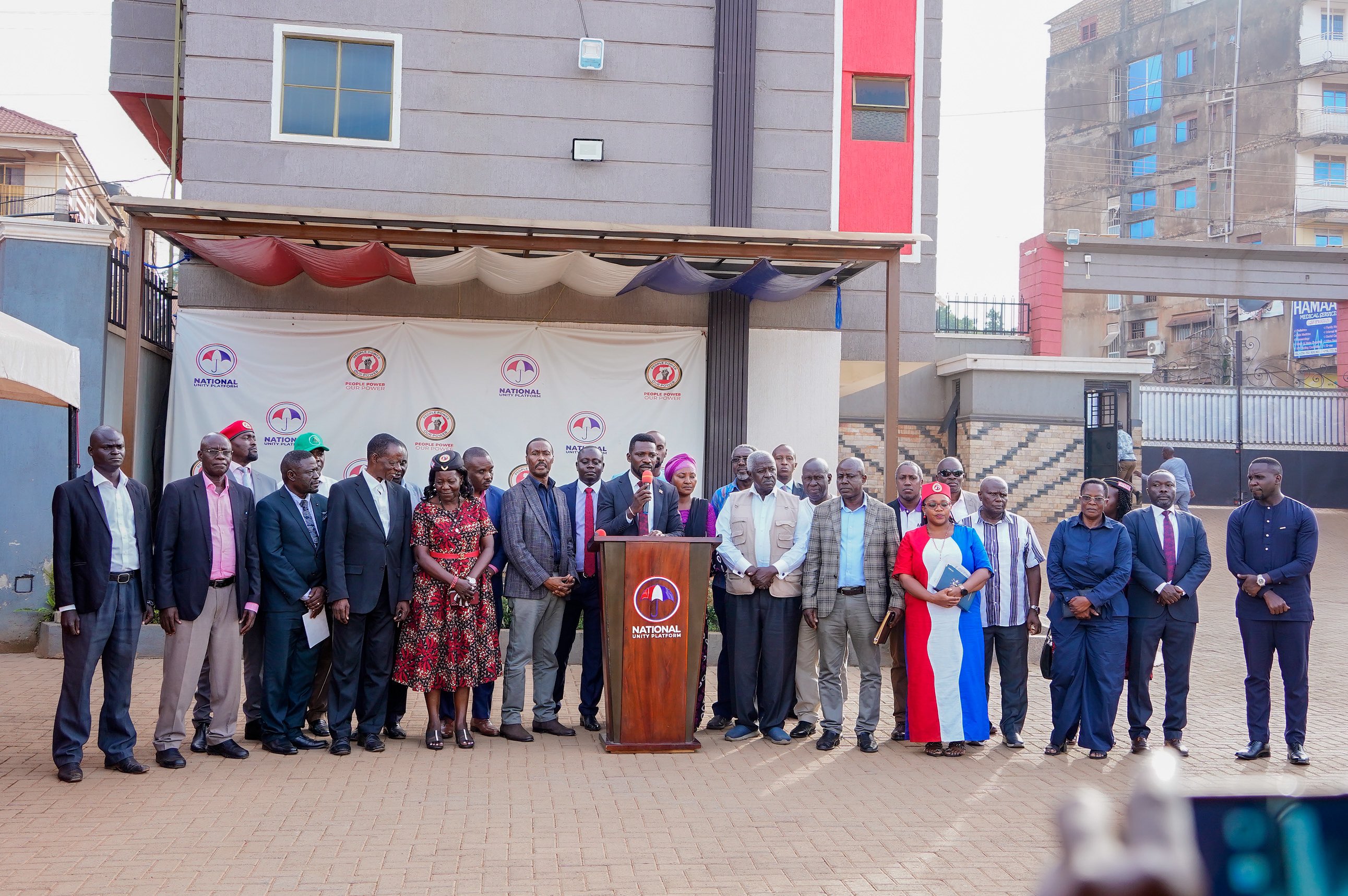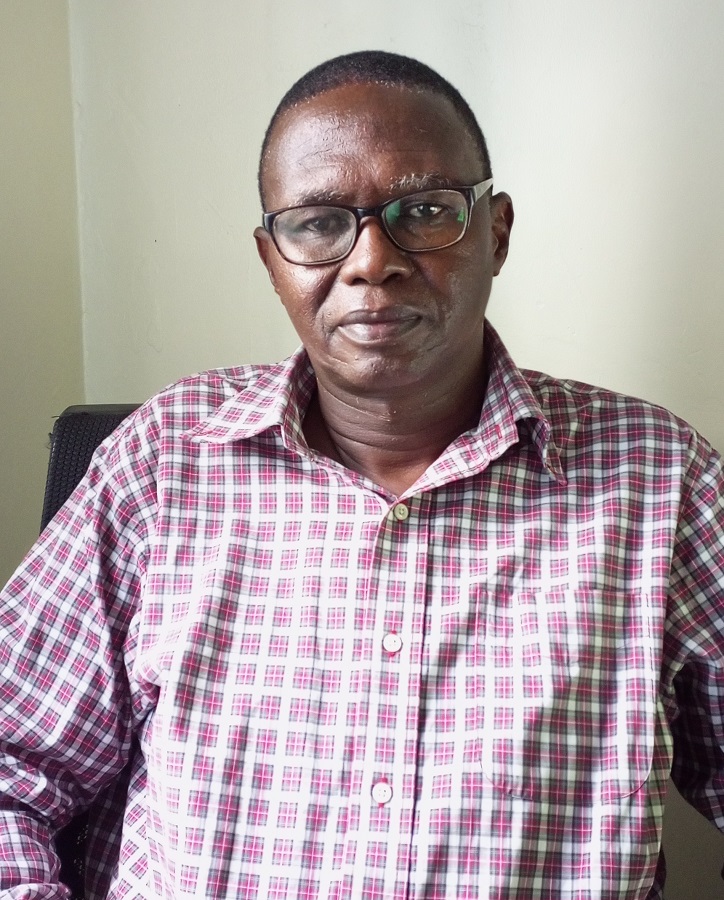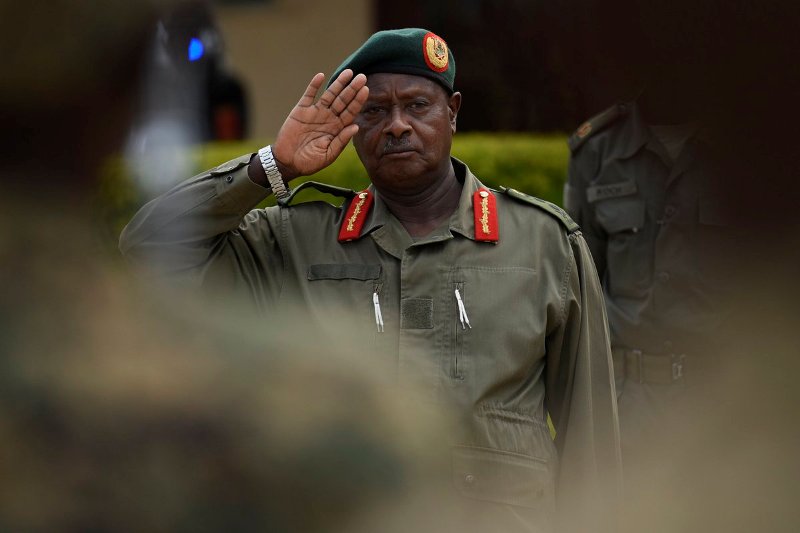Will Bobi Wine influence Uganda’s political trajectory beyond 2026?
In Uganda, the political trajectory has for the last 40 years been under control and manipulation by President Tibuhaburwa Museveni’s personalist tendencies and his personalist party, the National Resistance Movement, the unicameral parliament and the many obnoxious laws it has made.

In this article I introduce the concept of political trajectory. We can advance a country’s political trajectory as the evolution and development of the political system and governance in a country, reflecting changes in structure, ideology, and power dynamics over time.
For any country, its political trajectory has been shaped by significant historical events, constitutional amendments, and shifts in public opinion, leading to the emergence of a distinct political culture characterized by either democratic principles or their violation.
In Uganda, the political trajectory has for the last 40 years been under control and manipulation by President Tibuhaburwa Museveni’s personalist tendencies and his personalist party, the National Resistance Movement, the unicameral parliament and the many obnoxious laws it has made.
The new political phenomenon of Kyagulanyi is a new influence presenting enormous influence on this political trajectory. The question is shall we see a shifting political trajectory fully accommodating political pluralism untainted by militarism and use of money and jobs to kill pluralism of society?
Bobi Wine emerged at a time when Africa is growing younger: 60 percent of the population in Sub-Saharan Africa is under the age of 25. The rise of the young and urban will increase political competition because it renders the current political establishment, which mostly consists of veterans and descendants of the independence revolution, inadequate. New parties or factions that can capture and harness the progressive attitudes of young people will become more popular. In fact, the dethroning of established political parties is happening right now (Rop, 2020).
Uganda had got used to the political activism of Dr Kiiza Besigye the man who challenge president Tibuhaburwa Museveni 4 times but ended up saying that elections cannot remove the President from power. Indeed, the President him had declared during a political campaign in Seeta Mukono in 1996 that a mere piece of paper cannot remove him from power; that he is a quarter pin of a bicycle that goes in by hitting and comes out by hitting.
Bobi Wine’s story has been presented in a documentary as transcending his personal identity to symbolize a broader phenomenon on Uganda’s political scene. Specifically, it depicts Bobi Wine as representing the voices of those who have been marginalized and oppressed, questioning the established ruling class, and presenting a vision of a democratic and inclusive Uganda.
His intriguing presence, bravery, and refusal to conform to societal norms, while defying the status quo strikes a chord with a population longing for authentic representation, equity, and social justice (Lwanga Gasuza Musisi, 2025). Bobi Wine’s appeal reaches far beyond the borders of Uganda, attracting global attention and support for his devotion to democracy and human rights. His impressive aptitude for utilizing social media and harnessing the influence of youth activism has made him a prominent figure in the fight against authoritarianism (Lwanga Gasuza Musisi, 2025).
According to Bobi Winehimself “The most important issue facing Uganda is a situation where we have to decide between an individual and a country. That is the most serious dilemma right now.We have a country, which is yearning to go in a certain direction, but then again there is an individual [read President Tibuhaburwa Museveni] seeking to satisfy his ego (Angopa, 2018).Luke Melchiorre (2021) identified four things that he thought were integral to his politics: Building a Movement, Defying all Expectations; A Target of Unprecedented State Repression; Generational Dimension; and Populism. He concludes that if Bobi Wine’s brand of generational populism proves successful, its repercussions could be felt across Africa. It could serve as a model for opposition politicians who are operating in countries with similar demographic characteristics and facing many of the same political obstacles.
Bobi Wine innovated the concept of People Power, which later transformed into the National Unity Platform (NUP), and his popularity was rapidly growing, particularly among Uganda’s youth and urban population.Bobi Wine contended that if democracy is to work in such a young nation, alliances at the national, regional and other levels have to ensure that issues such as the constitutionalism, the rule of law, inclusiveness in political participation remain on the agenda (Kasirye, 2018).
However, his concept of People Power was, along the way, pirated by President Tibuhaburwa Museveni’s Movementists to demonstrate that NRM also has youth who support the party. Indeed recently, in an unprecedented show of being youth sensitive, the NRM developed a party membership register of 20 million members, the majority of whom are youth. Even 16- and 17-year-olds were registered as NRM members. This was supposed to undercut Bobi Wine’s claim to youth power.
Kyagulanyi will not be able to claim that the youth support him when by NRM party register the majority are registered NRM members. This is a subtle way of stealing an election long before it is held. In any case, he will not be allowed to interface with the population the way President Tibuhaburwa Museveni has been doing since the beginning of the year and will do until election time in 2026.
To grasp the magnitude of Bobi Wine and his “people power” movement, it is essential to understand the historical and political context of Uganda. Since gaining independence from the British in 1962, Uganda has had a challenging political landscape marked by repressive regimes, corruption, and socio-economic stagnation.
Yoweri Museveni, the current leader, captured power in 1986 after a five-year armed rebellion, promising to establish a democratic system of government with high respect for the rule of law and civil liberties. Almost four decades later, Museveni and his ruling National Resistance Movement (NRM) political party have consolidated power through human rights violations, corruption, patronage, and political persecution of his opponents (Lwanga Musisi, 2025).
Looking back the 2021 election was not just a political contest, but also a turning point in Uganda’s political history. President Tibuhaburwa Museveni, who had once belittled Bobi Wine, found himself confronting a new political force he could no longer ignore. Bobi Wine and NUP are the greatest threat the President faces, as we recently saw during the By-election in North Kawempe, where many parties participated by Bobi Wine’s NUP triumphed.
There is no doubt that the influence of Bobi Wine and his supporters have reshaped the political conversation, and as we approach the next election, the echoes of 2021 will undoubtedly play a role in shaping Uganda’s political future and/or political trajectory. It seems arrests and kidnappings of NUP members will not change the ongoing influence on the political trajectory of the country. Although Bobi Wine and his NUP have been accused of being chaotic and violent, it’s chaos and violence of State security organs prominently evident.
The forces that propelled Bobi Wine to political infamy and fuel his People Power movement go beyond one man. Growing discontent with a neglectful, autocratic government is the basis for his popularity. Bobi Wine’s liberal, democratic vision is attractive to a people living under the repressive, lawless dictatorship of Yoweri Museveni. In other words, the rise of Bobi Wine represents the growing disenchantment with the political establishment – not only in Uganda but also throughout the continent (Rop, 2020).
Ever since President Tibuhaburwa Museveni offered himself for elections, he has remained invincible (Osiebe, 2020).Will the political landscape continue to shift, or will President Tibuhaburwa Museveni’s NRM hold firm against the growing wave of oppositionespecially among the youth? Indications are that people whom NUP had endorsed as members when they still belonged to their own parties are determined to weaken Bobi Wine and the party, which serves the interests President Tibuhaburwa Museveni and his party.
Whatever the case, the political trajectory of Uganda would have followed a different direction if Bobi Wine and his NUP did not emerge. The oldest political partied in the country – Democratic Party (DP) and Ugasnda Peoples Congress (UPC) had struck alliances with NRM, and were no longer appealing, especially to the youth. The Forum for Democratic Change (FDC), which was the biggest opposition party in the country since 2001, became torn apart by money, reportedly from President Tibuhaburwa Museveni.
So, Bobi Wine and his NUP found a political landscape with disorganised political parties not so attractive to the youth. He and his party filled the gap. If it is not NUP to influence a new direction for Uganda’s political trajectory, which party will? It will serve the country well if opposition parties reconsider disunity and present themselves to the population as one block. Otherwise their disunity will continue to be the reason why President Tibuhaburwa Museveni continues to rule Uganda with diminishing returns.
For God and My Country.
Further Reading
Aggrey Baba (2025). M7’s Worst Nightmare: How Kyagulanyi turned the Tables and rocked Uganda’s Political Foundation -a Glimpse of 2026. Mulengera 11 March 2025, https://mulengeranews.com/m7s-worst-nightmare-how-kyagulanyi-turned-the-tables-rocked-ugandas-political-foundation-a-glimpse-of-2026/ Visited on 02 April 2025 at 11:10 am EAT.
Anna Katharina Osterlow (2022). The Freedom Fighter Bobi Wine. A VIDEO ANALYSIS OF POPULIST PERFORMANCE IN UGANDA. https://www.gicnetwork.be/wp-content/uploads/2022/05/01_The-Freedom-Fighter-1.pdf Visited on 02 April 2025 at 12:46pm EAT
Barbara Angopa (2018). Robert Kyagulanyi: Uganda Stuck with President Museveni. Aljazeera, 3 January 2018, https://www.aljazeera.com/news/2018/1/3/robert-kyagulanyi-uganda-stuck-with-president-museveni Visited on 02 April 2025 at 12:35 pm EAT.
Garhe Osiebe (2020). The Ghetto President and Presidential Challenger in Uganda. Researchgate, April 2020 https://www.researchgate.net/publication/340667375_The_Ghetto_President_and_Presidential_Challenger_in_Uganda Visited on 02 April 2025 at 11:45 am EAT.
Jolly Rop (2020). The Rise of Bobi Wine: How a Rapper from the Slums is igniting a Revolution in Uganda. Havard International Review, 16 November 2020, https://hir.harvard.edu/who-is-bobi-wine/ Visited on 02 April 2025 at 11:34 am EAT
Luke Melchiorre (2021). Bobi Wine has shaken up Uganda’s politics: Four things worth knowing about him. THE CONVERSATION, January 13 2021, https://theconversation.com/bobi-wine-has-shaken-up-ugandan-politics-four-things-worth-knowing-about-him-153205 Visited on 02 April 2025 at 12:23 pm EAT.
Luke Melchiorre (2021). Our liberation is a matter of now: an interview with Bobi Wine. African Arguments, May 19 2021 https://africanarguments.org/2021/05/our-liberation-is-a-matter-of-now-an-interview-with-bobi-wine/ Visited on 02 April 2025 at 12:12 pm EAT
Luke Melchiorre (2023). Generational populism and the political rise of Robert Kyagulanyi – aka Bobi Wine – in Uganda. Review of African Political Economy, June 2023, Vol. 50, No. 176 (June 2023), pp. 212-233 Published by: ROAPE Publications Ltd: https://www.jstor.org/stable/10.2307/48814425
Lwanga, G. Musisi (2025). Review: Bobi Wine – People’s President. The Elite Africa Project, 01 April 2025. https://www.eliteafricaproject.org/post/review-bobi-wine-the-peoples-president Visited on 02 April 2025 at 11:57 am at EAT.
Samuel Kasirye (2018). People Power: An Emergent Political Movement in Uganda. Rosa Luxemburg Stiftung https://www.rosalux.de/en/news/id/39405/people-power-an-emergent-political-movement-in-uganda Visited on 02 April 2025 at 12:34 pm EAT.







